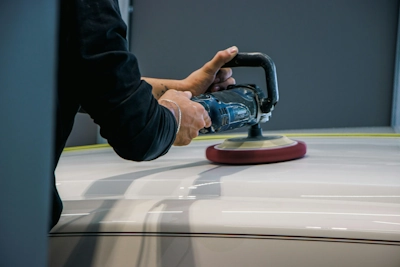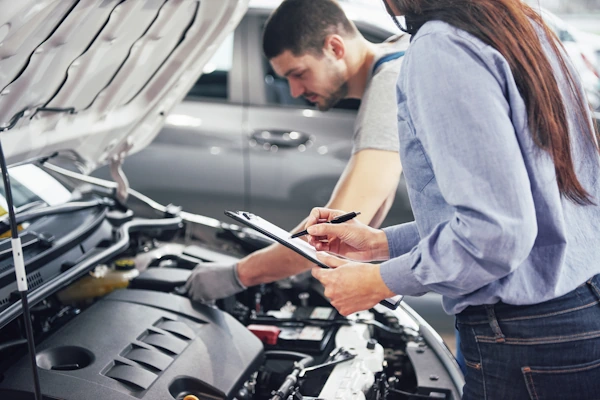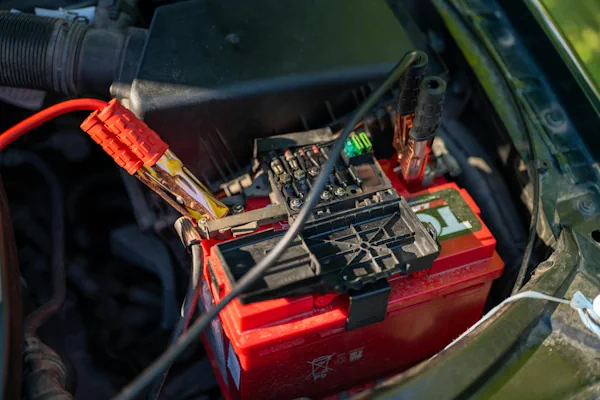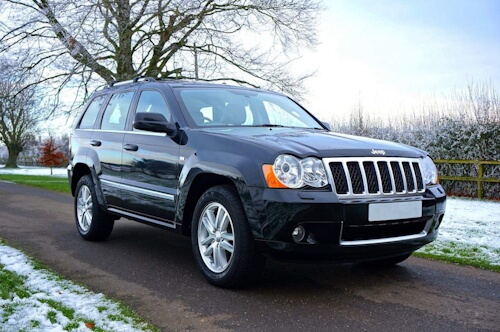If you’ve just moved to an electric car, or you’re tossing up whether it’s the right choice, one of the first things you’ll probably wonder is: how long it takes to charge an electric vehicle? It’s a good question, and the truth is, it depends on a few factors.
In Australia, that could mean anything from a quick top-up while you grab a coffee to a full charge overnight while you sleep. It’s a different mentality, but once you get used to it, charging an EV will become second nature. Here’s what you need to know.
EV Charging Times by Charger Type
There are a few different types of chargers you’ll come across with EVs, each charging at a different speed.
Standard Powerpoint (Level 1): This is the slow and steady option. It uses a regular household plug, and if you’re charging a 60–70kW battery, it can take 20 to 30 hours to top up fully.
Home wall box (Level 2)—This one is a step up in power and needs to be installed by an electrician. A typical 7kW charger will get you topped up in about 8 to 10 hours. If you’ve got a 22kW unit, even better, you’ll cut that time down to around 3 or 4 hours.
Public fast chargers (Level 3) – These are the go-to when you’re out and about. A 50kW charger might get you to 80% in about an hour. Ultra-rapid chargers like the 150kW or 350kW ones can knock that down to anywhere from 15 to 40 minutes, depending on the make and model of your EV.
What Affects How Fast an EV Charges?
There are a handful of factors that can affect how fast your EV will charge. It’s not just about plugging in and watching the numbers go up.
Battery size: The bigger your battery, the longer it’ll take to charge. A 30kW battery will be ready a lot sooner than a 90kW one.
Charger output: Your charging speed depends on the charger itself. If you’re using a 7kW setup, that’s your limit, even if your EV could handle faster charging.
Car’s onboard charger: Some EVs can only take a specific charge rate. So if your vehicle maxes out at 11kW, even plugging into a 22kW charger won’t make it charge any faster.
Starting battery level: Charging from low to mid-range, say 10% up to 60%, is quicker than topping up from 80% to full. That final stretch is slower, and there’s a good reason for that (which we’ll get to shortly).
Weather conditions: Charging speed also depends on the weather. Particularly cold weather, like winter mornings, can slow the charging speed and drain your battery faster.

The EV Charging Curve: Why 0–80% Is Faster
Most new EV drivers quickly learn that the last 20% of charging takes a fair bit longer than the rest. It’s due to how lithium batteries are built. As the battery gets closer to full, the charging rate slows down to avoid overheating and protect the battery cells from wearing out too quickly.
For this reason, most people only go to 100% if they absolutely need the extra range, like before a long drive. You’ll notice fast chargers often recommend stopping at 80%. It’s not just for speed—it’s the most efficient point to charge to, and it helps keep your battery in good nick over the long haul.
How Much Range Do You Get Per Hour?
Another good way to think about EV charging is by how many kilometres you get back for every hour it’s plugged in. Here’s a general idea:
3.7kW (basic home charger): Adds about 15 to 20 km an hour
7kW (standard home wall unit): Gives you 30 to 40 km per hour
22kW (public AC charger): Anywhere from 80 to 120 km an hour
50kW (DC fast charger): You’ll get about 250 to 300 km in an hour
150kW+ (ultra-fast): Can pump out up to 800 or 900 km per hour
Of course, this all depends on how efficient your EV is. Lighter, more efficient EVs like the MG4 or Leaf will go further on less power, while heavier ones—like the Tesla Model X or Audi e-tron—will burn through more battery to cover the same distance.
Need Help with EV Tyres or Services?
At Tyrepower, we’re not just about traditional cars—we’re fully geared up to support electric vehicles, too. So, if you have questions about EV servicing, battery health, or just want to make sure your tyres are EV-ready, visit your nearest Tyrepower store or give us a call at 13 21 91.

























